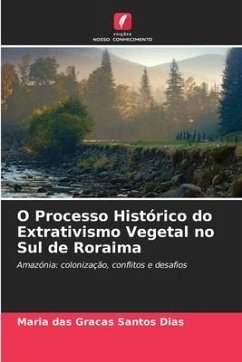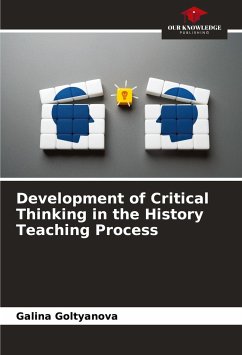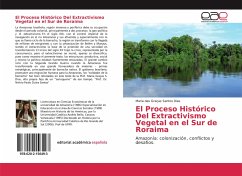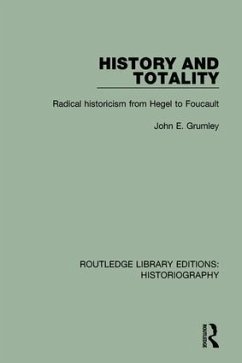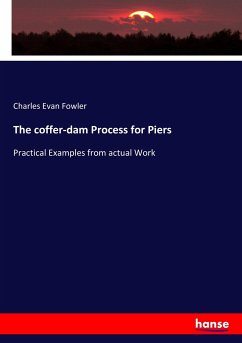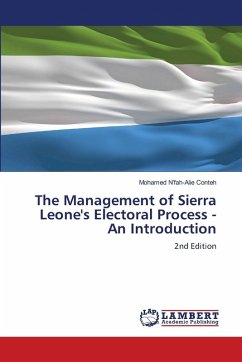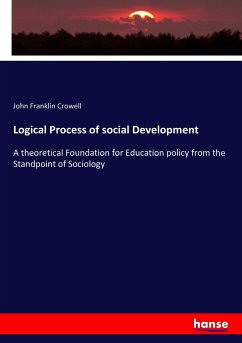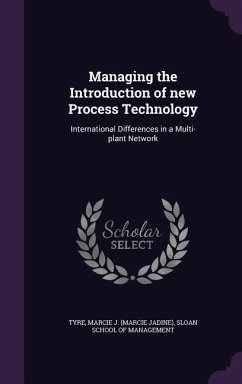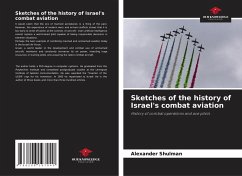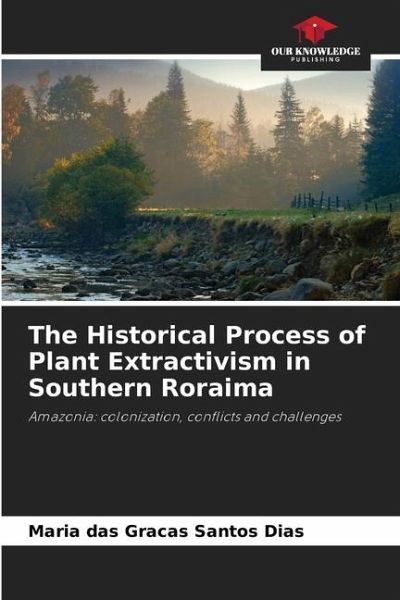
The Historical Process of Plant Extractivism in Southern Roraima
Amazonia: colonization, conflicts and challenges
Versandkostenfrei!
Versandfertig in 6-10 Tagen
36,99 €
inkl. MwSt.

PAYBACK Punkte
18 °P sammeln!
The Brazilian Amazon, an immense and peripheral region, owes its occupation since the colonial period mainly to two processes: geo-politics and extractivism. In the 19th century, with the imperial control of navigation on the Amazon River and its tributaries and especially with what was called the cycle of the borracha, the region was transformed with the arrival of thousands of migrants and with the urbanization of Belém and Manaus, with extractivism being the base of the pyramid of a society in transformation. The beginning of the 20th century brought the crisis, represented by the concurre...
The Brazilian Amazon, an immense and peripheral region, owes its occupation since the colonial period mainly to two processes: geo-politics and extractivism. In the 19th century, with the imperial control of navigation on the Amazon River and its tributaries and especially with what was called the cycle of the borracha, the region was transformed with the arrival of thousands of migrants and with the urbanization of Belém and Manaus, with extractivism being the base of the pyramid of a society in transformation. The beginning of the 20th century brought the crisis, represented by the concurrence, but extractivism did not die, it only diversified, because as this text shows, the structures: productive, social and even political were strongly rooted. The great change came with the Second Great War, when the Amazon was transformed into a great supplier of strategic raw materials, mainly of native drunkenness. The Brazilian government promoted a human migration to the Amazon, the "soldiers of the drunkenness" so well portrayed in this text of Prof. Maria Graças S. Dias, her own daughter of a "seringuerio" of that time. "Prof. Dr. Nelvio Paulo Dutra Santos".



